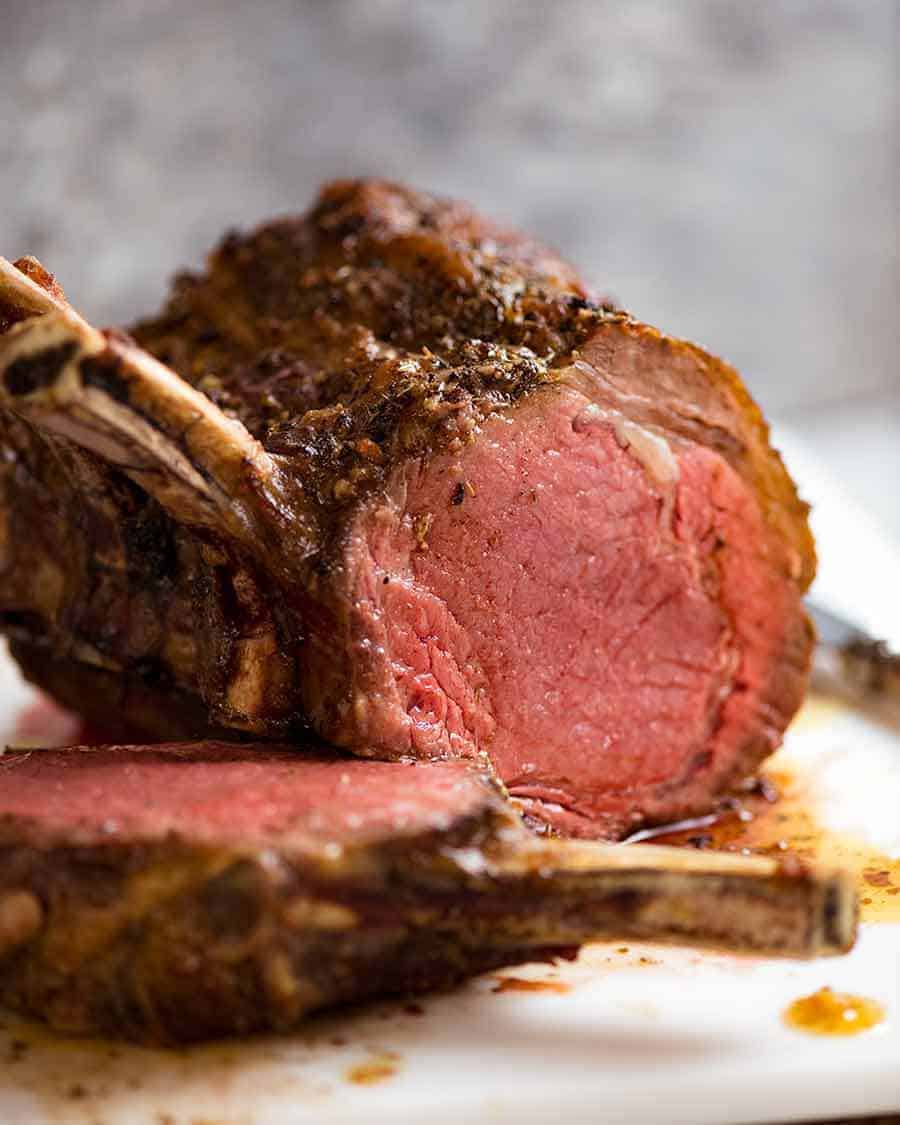- Joined
- Aug 28, 2009
- Messages
- 50,341
- Reaction score
- 4,928
And how do you evaluate when a fighter had left it
Murky, I know.
But i typically see Prime as imagining a person is at pr near their athletic peak, and trying to figure out where that intersects most closely with the time a fighter is at our near their technical peak.
For some fighters it's easier than others, for other guys who either start the sport late or are late bloomers like DC for the former or Anderson Silva for the latter its tougher.
It cant be defined, though, simply as when a person was most successful with regards to career accomplishments because then we are just saying that whenever they were champion that's their prime and whenever they lost they left it.
Or I mean you could describe it that way. But that's really uninteresting.
I try to look at it as when a fighters style changes in such a way to mask physical deficits that they otherwise didnt have. A person refusing to lead, a kicker not throwing kicks, a pressure chain wrestler turning into a one shot kinda guy
What say you
Murky, I know.
But i typically see Prime as imagining a person is at pr near their athletic peak, and trying to figure out where that intersects most closely with the time a fighter is at our near their technical peak.
For some fighters it's easier than others, for other guys who either start the sport late or are late bloomers like DC for the former or Anderson Silva for the latter its tougher.
It cant be defined, though, simply as when a person was most successful with regards to career accomplishments because then we are just saying that whenever they were champion that's their prime and whenever they lost they left it.
Or I mean you could describe it that way. But that's really uninteresting.
I try to look at it as when a fighters style changes in such a way to mask physical deficits that they otherwise didnt have. A person refusing to lead, a kicker not throwing kicks, a pressure chain wrestler turning into a one shot kinda guy
What say you






